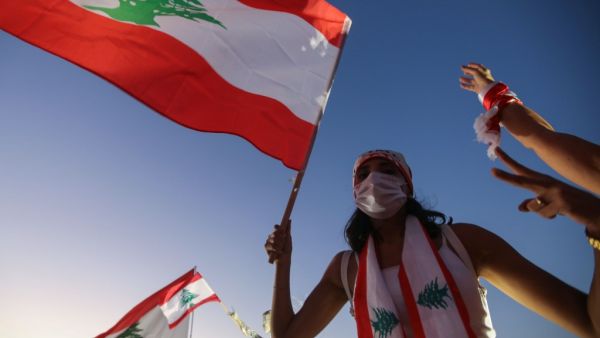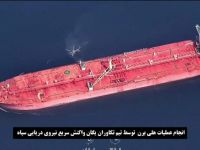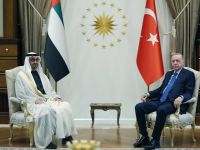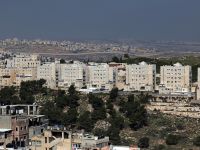Consultations to form a new Lebanese government are facing many pitfalls that many are sceptical Prime Minister-designate Saad Hariri can overcome, even as the country urgently needs a new government to address its severely deteriorating economy, which is driving social hardship and unrest.
Hariri considered the initiative he proposed, on whose basis he was designated prime minister, to be the last chance to save Lebanon. The dominant political class, however, does not seem to care, given that each of its components is busy trying to improving its position ahead of potential changes that could occur in the region following US elections.
Hariri, who leads the Future Movement, proposed the formation of a government of specialists not affiliated with political parties that would implement internationally required reforms and prepare for parliamentary elections. His initiative, however, has been torpedoed since the first day of government formation consultations.
The Free Patriotic Movement and Hezbollah are accused of trying to impose their agendas on the designated head of government by interfering with the selection process. The current, led by Gebran Bassil, has even gone so far as to demand control over the so-called “obstructing” third in the next government.
As expected, the presidency hastened to deny any interference by Bassil, who is President Michel Aoun’s son-in-law. In a statement on Monday, the presidency said, “the consultations regarding the formation of the government are carried out exclusively, and in accordance with the constitution, between the President of the Republic, General Michel Aoun and the President-designate Saad Hariri, and there is no third party in the consultations, especially MP Gebran Bassil, noting that these consultations are still continuing as dictated by the supreme national interest.”
The presidency later announced that the prime minister-designate had met with Aoun at Baabda Palace and discussed with him developments in the government formation process, indicating that there was “positive progress.”
Analysts believe that the presidency is trying to maintain a sense of optimism, but that the process is not going well. They believe that it is highly unlikely that a new government will be announced this week, as the concerned parties are still going in a vicious circle, making new demands each day, deepening the crisis.
Hezbollah Secretary-General Hassan Nasrallah previously warned not to be overly optimistic about the birth of a new government. It seems that the Iranian-backed Shia party is waiting for the outcome of US elections on Tuesday to shape its strategy. A victory by incumbent US President Donald Trump will push the party to work even harder to gain a significant presence in the government to ensure it has political cover.
A failing political class
Samir Geagea, head of the Lebanese Forces party, wrote on Twitter, “Do you see now why the Lebanese Forces stayed away from this business of forming a government? As long as the ruling trio is in power, there is no hope of any salvation … We will continue unabatedly until the restructuring of power,”referring to the Shia duo Hezbollah and Amal Movement, plus the Free Patriotic Movement.
Hariri was tapped to form a new government on October 22 after he was nominated in binding parliamentary consultations by 65 out of 120 representatives.
The Lebanese Forces parliamentary bloc refused to nominate Hariri for the position, believing that there was no hope for any reform process as long as the dominant political faces remained, and reiterated its calls for early parliamentary elections.
Hariri’s designation came nearly one year after his resignation on October 29, 2019, due to popular protests that began earlier that month. He was succeeded by Hassan Diab, who resigned on August 10 following a huge explosion that rocked the port of Beirut.
Lebanon is suffering from a severe financial and economic crisis. The country’s currency has been significantly devalued against the dollar, bank deposits are frozen and poverty and unemployment rates have soared. The Lebanese have lost confidence in the country’s political class and expressed anger through massive popular protests. Conditions are expected to worsen given the current political uncertainty. The international community is refusing to provide financial assistance to Lebanon unless it carries out critical economic and political reforms required, foremost of which is neutralising Hezbollah’s political clout.
This article has been adapted from its original source.








